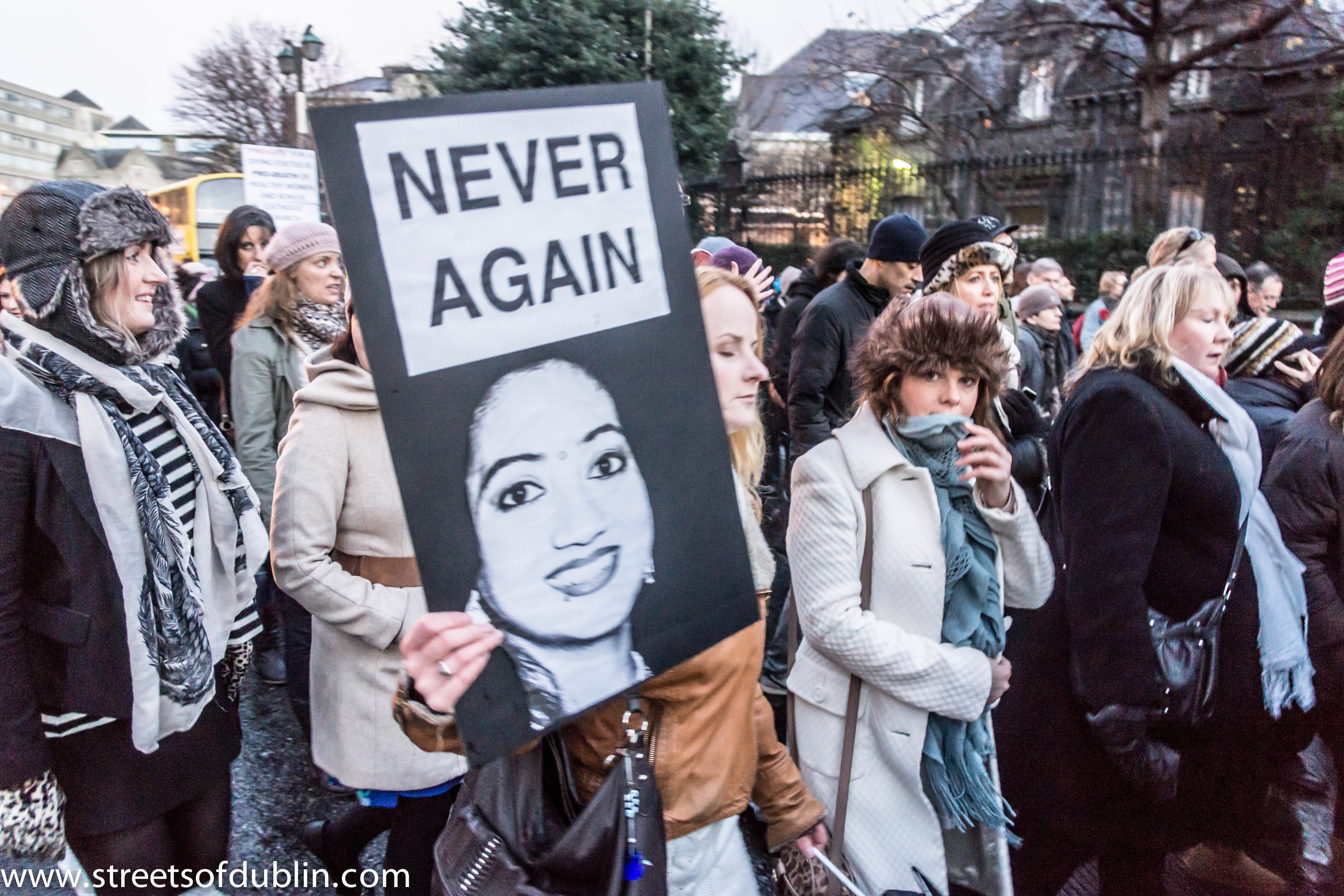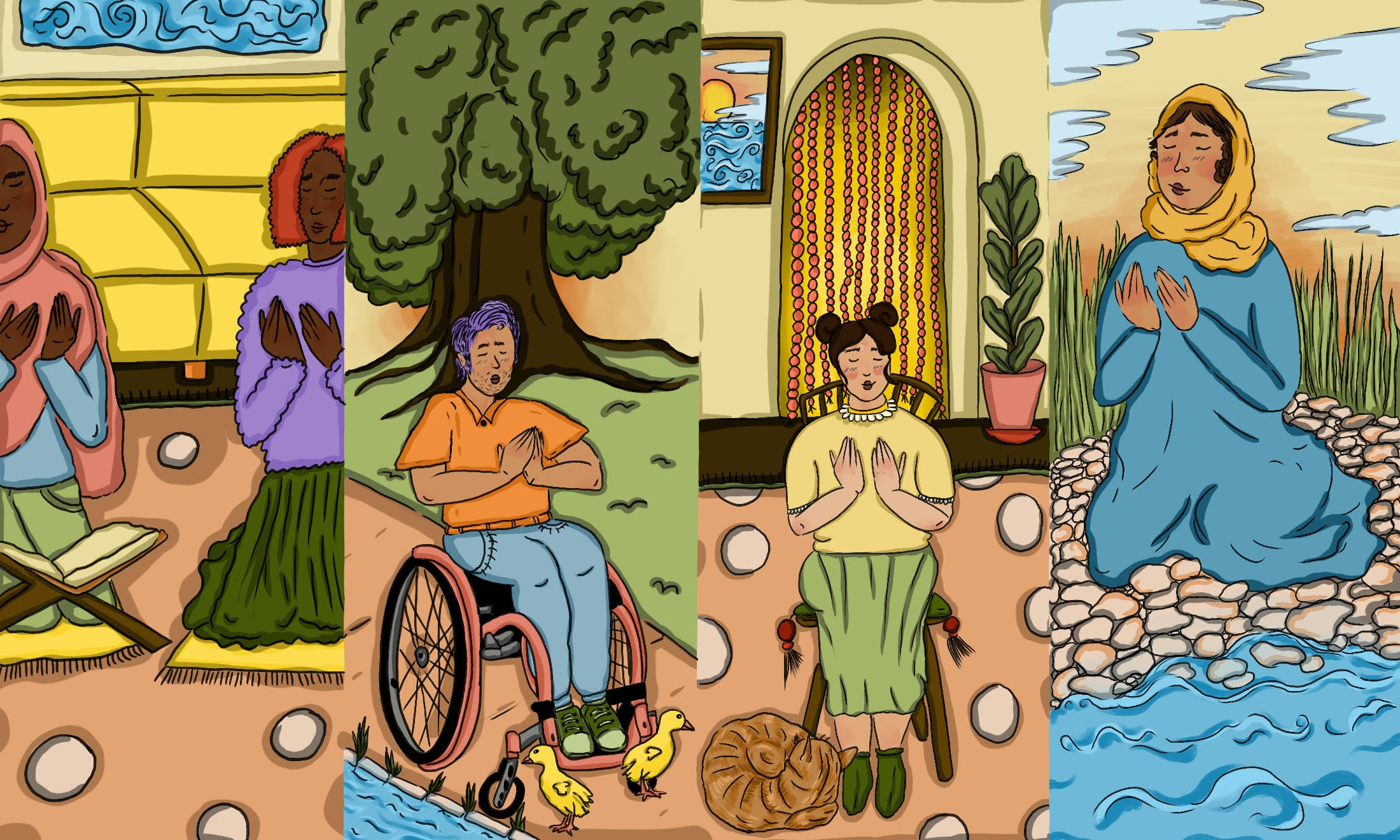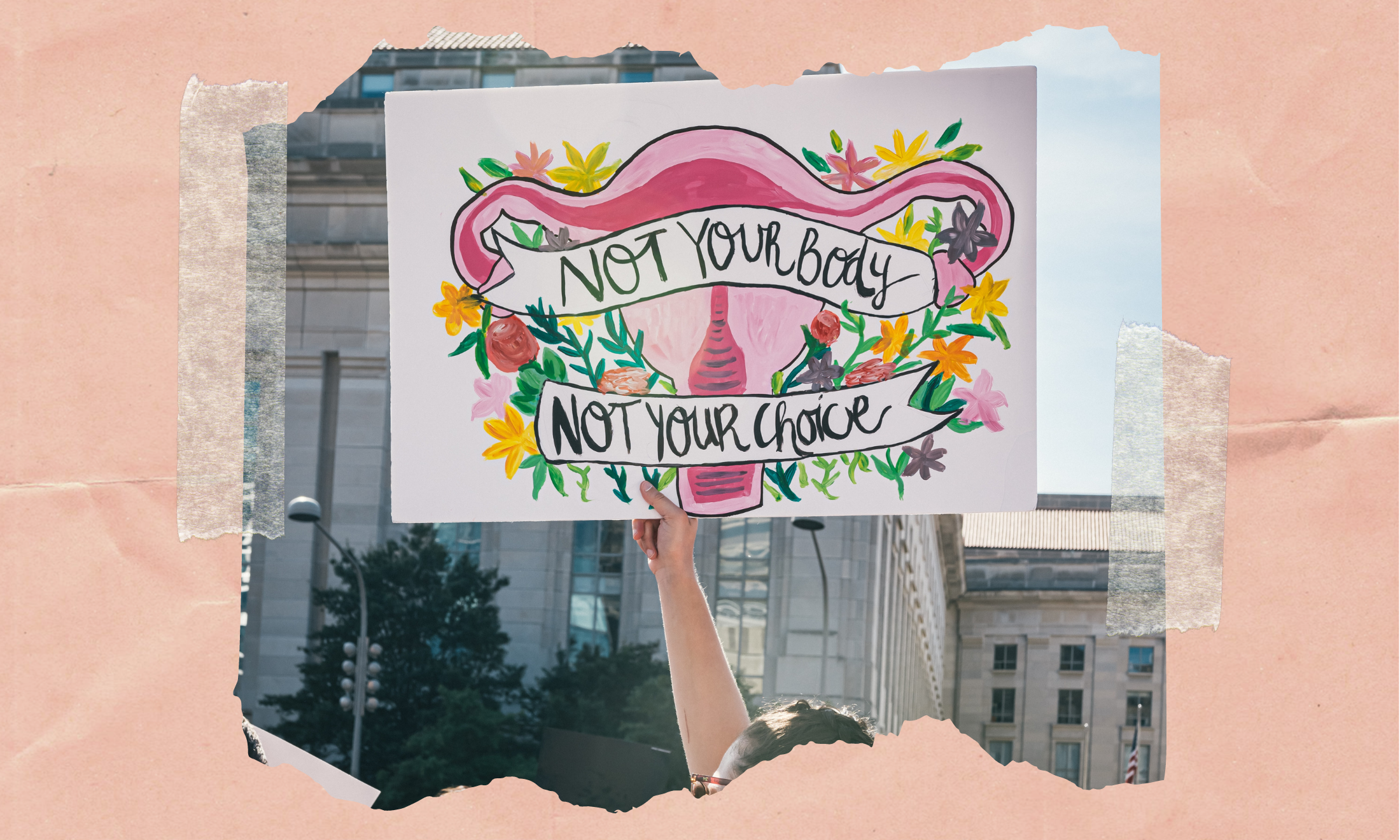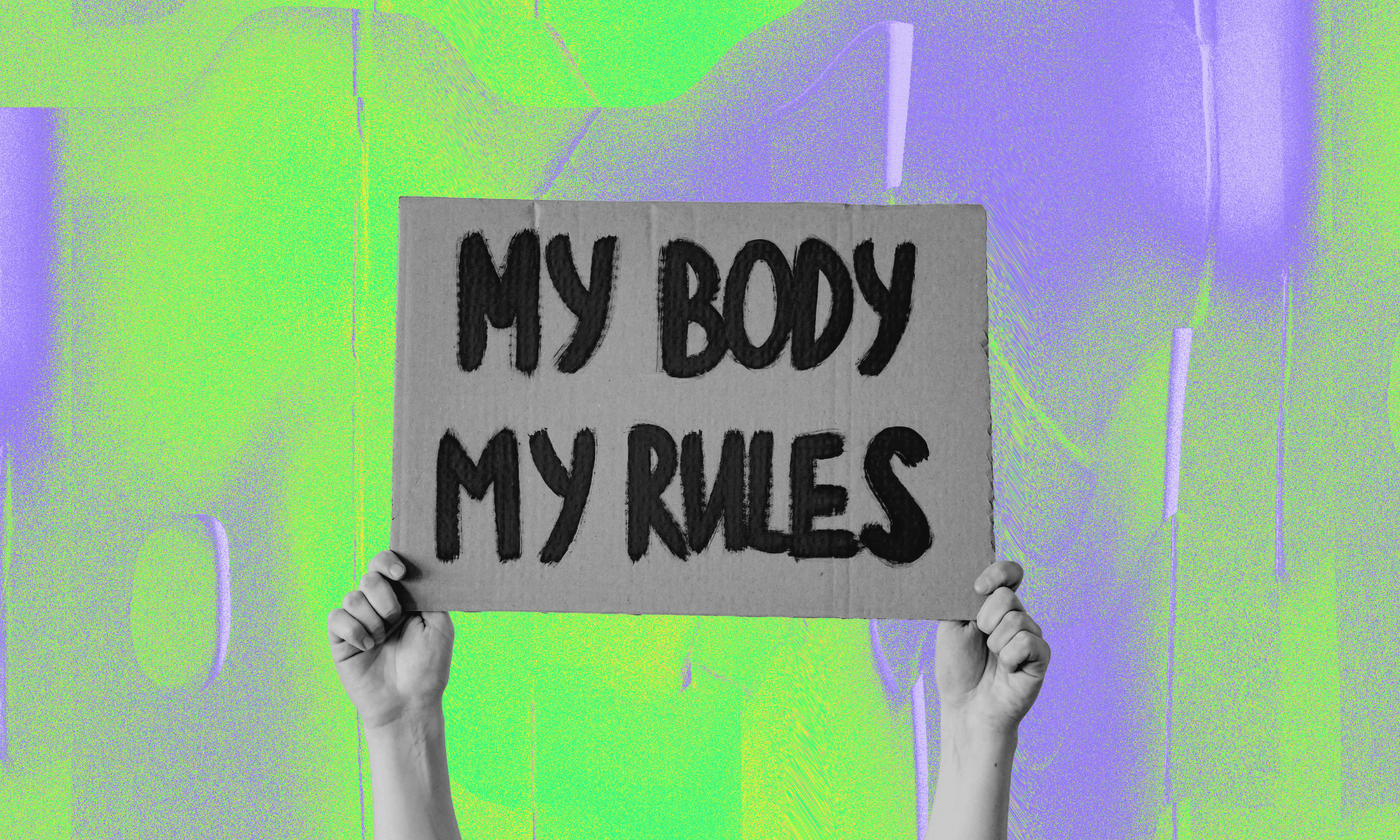
Earlier in September, Conservative MP and rumoured favourite to succeed Theresa May, Jacob Rees-Mogg, appeared on ITV’s Good Morning Britain to discuss his views on equal marriage and abortion. Rees-Mogg stated that he was completely opposed to abortion in all circumstances, and that “abortion is morally indefensible” even in cases of rape and incest.
When asked if he would stop a woman who had been raped by a family member from getting an abortion, the MP admitted that despite his personal stance “she would have the right to abortion under UK law.” However, Rees-Mogg seems to have forgotten that women in parts of the UK do not have this right. In Northern Ireland and the Isle of Man, women do not have access to free, legal, or safe abortions even “under UK law.”
This year marks the 50th anniversary of the 1967 Abortion Act being passed, granting reproductive rights to (some) women in the UK. The Act was never extended to Northern Ireland and today abortion remains a criminal offense enforced by a 19th century law. Only if a woman’s life is directly at risk, is abortion permitted in Northern Irish health clinics. Under any other circumstances, including rape and incest, women are forced to find their own ways to terminate their pregnancies. In November 2016, Belfast’s High Court ruled that Northern Ireland’s abortion laws breached human rights laws as did the UN Human Rights Committee in June 2016.
In the Republic of Ireland, abortion is likewise only legal if a woman’s life is in imminent danger. However, what constitutes imminent danger is disputed. Currently if a woman seeks an abortion due to being suicidal she must be assessed by six doctors who will decide whether or not to she should be allowed to terminate her pregnancy.
In 2012, Savita Halappanavar died from a miscarriage after being denied an abortion. In 2014, “Ms Y,” an asylum seeker, fled to Ireland seeking an abortion after being raped in her home country. She was denied an abortion despite being suicidal and going on hunger strike. She was not permitted to enter the UK to end her pregnancy and her baby was later delivered by C-section. In 2016, Ms Y sued the Irish State for “trespass, assault, battery, infliction of emotional harm, breach of duty, false imprisonment, and unlawful deprivation of liberty.” In June of this year, the UN again ruled that Ireland’s abortion laws are unnecessarily “cruel, inhumane, and degrading.”
Irish and Northern Irish women who seek abortions currently have two options: travel to Great Britain to procure an abortion (a procedure which can cost anything from £400 to £1300 without travel expenses); or order illegal and potentially dangerous abortion pills by post. In 2014, it was estimated that 1,200 packages containing these pills were seized by Irish customs. Last year, a 21-year-old in Belfast was given a three-month jail sentence for taking abortion pills when she was 19. She was unable to afford to travel to England for a procedure. Her flatmates reported her to the police.
Over the summer, the British government changed an amendment, spear-headed by Labour MP Stella Creasy and British and Irish pro-choice campaigners, allowing Northern Irish women to access NHS-funded abortions. This means that women travelling from Northern Ireland to England seeking abortions no longer have to pay for them. This is a welcome ruling and a step forward, but it isn’t good enough. The amendment will only benefit the privileged few as the majority of women seeking abortions will still not be able to travel due to factors such as having a disability, precarious immigration or legal status, childcare obligations, and not having enough money to fund the trip. North and south of Ireland’s border, a woman’s right to choose still remains in the hands of doctors, politicians, and religious leaders.
On 30 September, the 6th March for Choice will take place in Dublin calling for a referendum to repeal the eighth amendment, the law which criminalises abortion in Ireland. Solidarity marches have been announced in London, Glasgow, and Edinburgh.
As the push to decriminalise abortion in Northern Ireland grows in the UK, particularly after the DUP/Tory deal and Rees-Mogg’s public comments, solidarity with Irish and Northern Irish women is not just welcomed but necessary. The Northern Irish government is unlikely to change legislation without pressure from Westminster. Despite decades of campaigning, it was only with the support of Labour MPs that the amendment granting Northern Irish women access to NHS-funded abortions moved forward. We need British feminists to stand with Irish women: attend a local solidarity march or contact the Abortion Rights Campaign to hold one in your own city. Contact your local MP to sign the My Pledge, Her Choice campaign. We need to keep pressure on both the Irish and British government to change legislation. It’s time to act.
For further information, visit Abortion Rights Campaign, Alliance for Choice, and Migrants and Ethnic-Minorities for Reproductive Justice. The March for Choice will take place in Dublin on the 30th September starting at Garden of Remembrance on Parnell Square from 1.30pm.

Britain’s policing was built on racism. Abolition is unavoidable

How Pakistan’s Khwaja Sira and transgender communities are fearing and fighting for their futures

Their anti-rape performance went viral globally. Now what?





